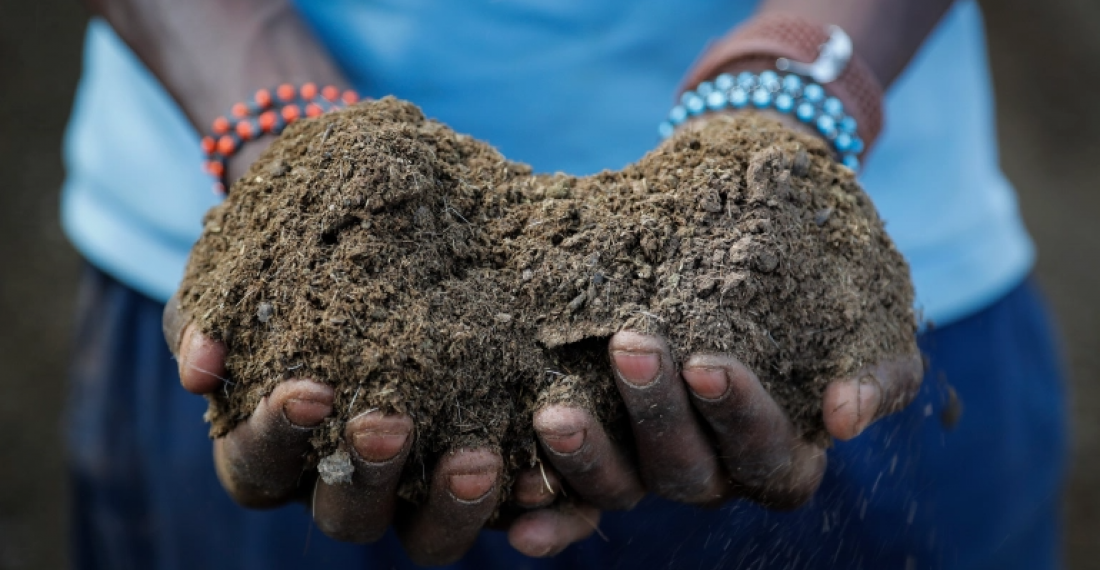The first Russian shipment of fertiliser left the Dutch port of Terneuzen on Tuesday (29 November) after days of negotiating to ensure it would not be snagged by Western sanctions. The ship was commissioned by the UN’s food security agency, the World Food Programme, and the cargo is part of some 260,000 tonnes of Russian fertiliser stored in European ports.
Stephane Dujarric, a spokesman for the UN Secretary, said that the shipment which is heading to Malawi via Mozambique is the first in a batch of exports destined for countries in Africa. The UN further claimed that fertilisers held in Europe will prevent crop loss on the African continent while it will help to alleviate humanitarian needs. In addition, the UN has made intense efforts with all its members to ensure that critical exports of food and fertilisers from Ukraine and the Russian Federation to world markets would be exempt from sanctions.
At first, Dutch officials blocked the shipment as the authorities found an individual who was involved with the fertiliser company on the sanctions list. However, the UN assured the Dutch authorities that the shipment would reach its intended destination in Malawi and neither the Russian Federation nor the individual would benefit from the transaction.
Duharric further claimed that 50% of the world population depends on mineral fertilisers that help produce agricultural products. Thus, he highly emphasises the importance of reconnecting fertiliser markets given that this year’s fertiliser shortages would amount to a loss of 66 million tons of staple crops next year which would have been enough to feed almost half of humanity for a month.






